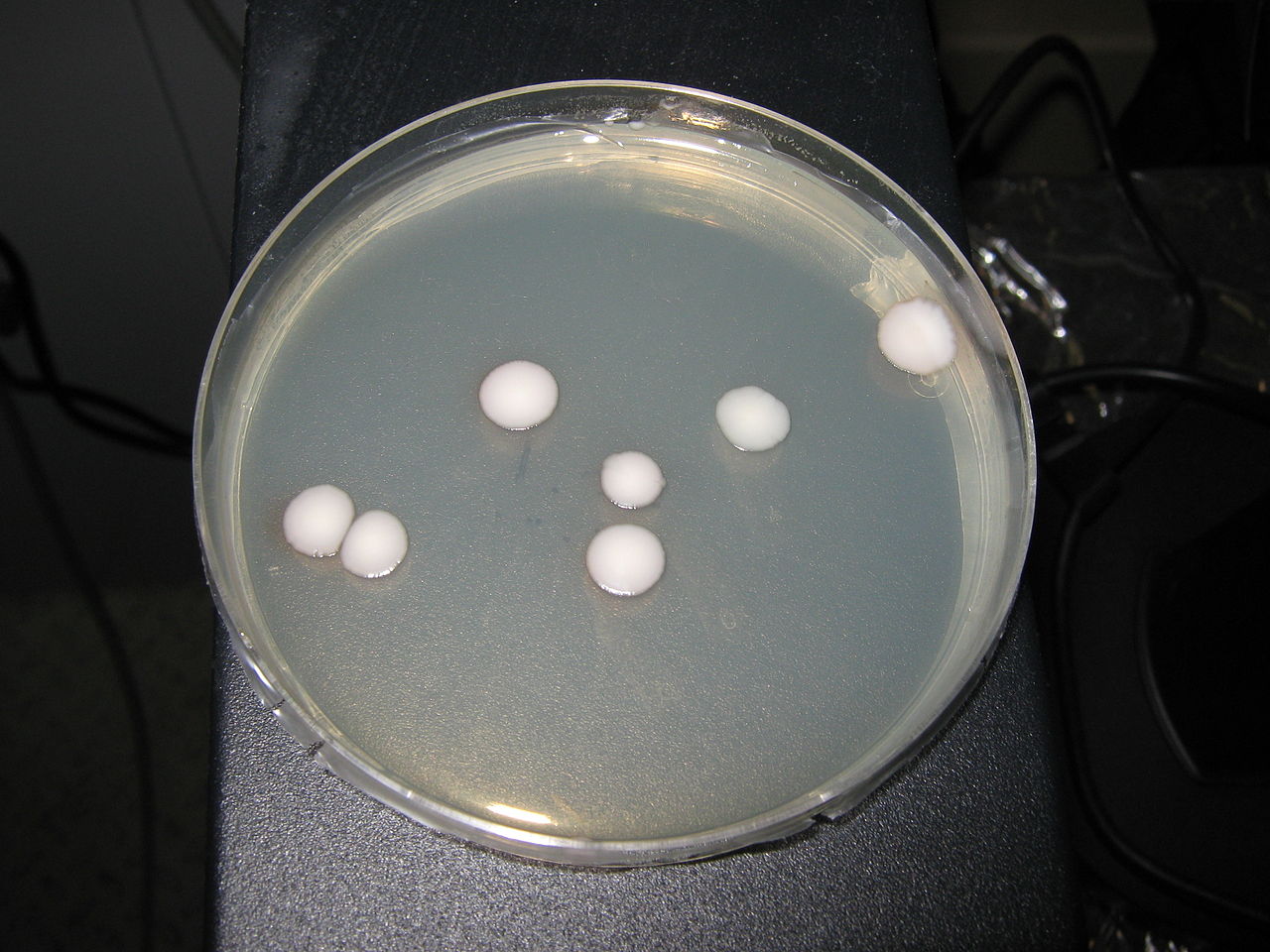Biological detoxification
Once food is contaminated with mycotoxins above the legal limits, there are no effective methods available for its safe and effective detoxification. Therefore, contaminated batches have to be destroyed, resulting in severe economic losses for the agri-food industry. Furthermore, recent studies indicate that chronic exposure to mycotoxin doses below legal limits could also pose a risk to the population due to increased life expectancy. It is therefore imperative to develop detoxification methods to completely eliminate mycotoxins in food. Our research group has focused on the study of the detoxification potential of probiotic microorganisms. The health benefits of supplementing food with probiotics are evident and we intend to give them added value as mycotoxin detoxifiers. For this reason, microorganisms have been isolated from probiotic-rich products such as kefir, yoghurt, kombucha, etc., and their potential to eliminate aflatoxin B1, ochratoxin A and fumonisins has been studied.
Many of them are able to retain mycotoxins by a physical adsorption process. However, the food industry demands microorganisms that actively degrade mycotoxins and transform them into non-toxic compounds. Currently, we are characterising two yeast strains identified as Kluyveromyces lactis and Kazachstania unispora that have shown a great potential to degrade all mycotoxins tested.

